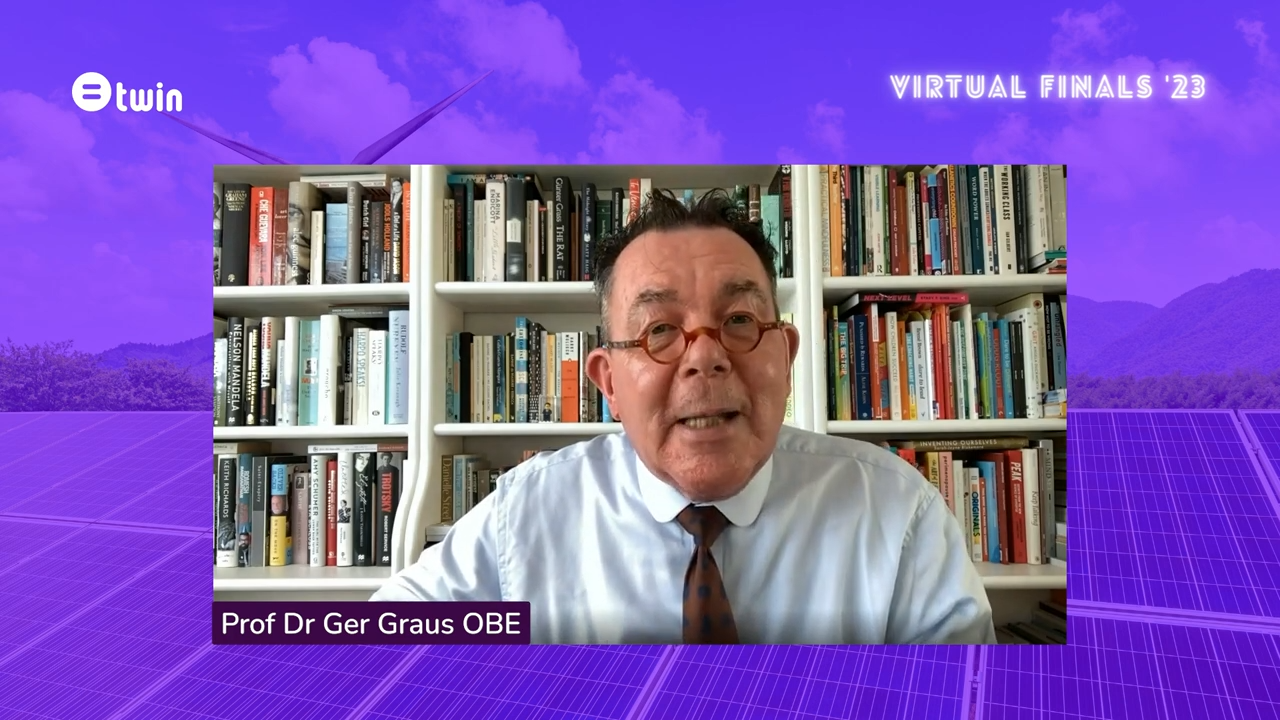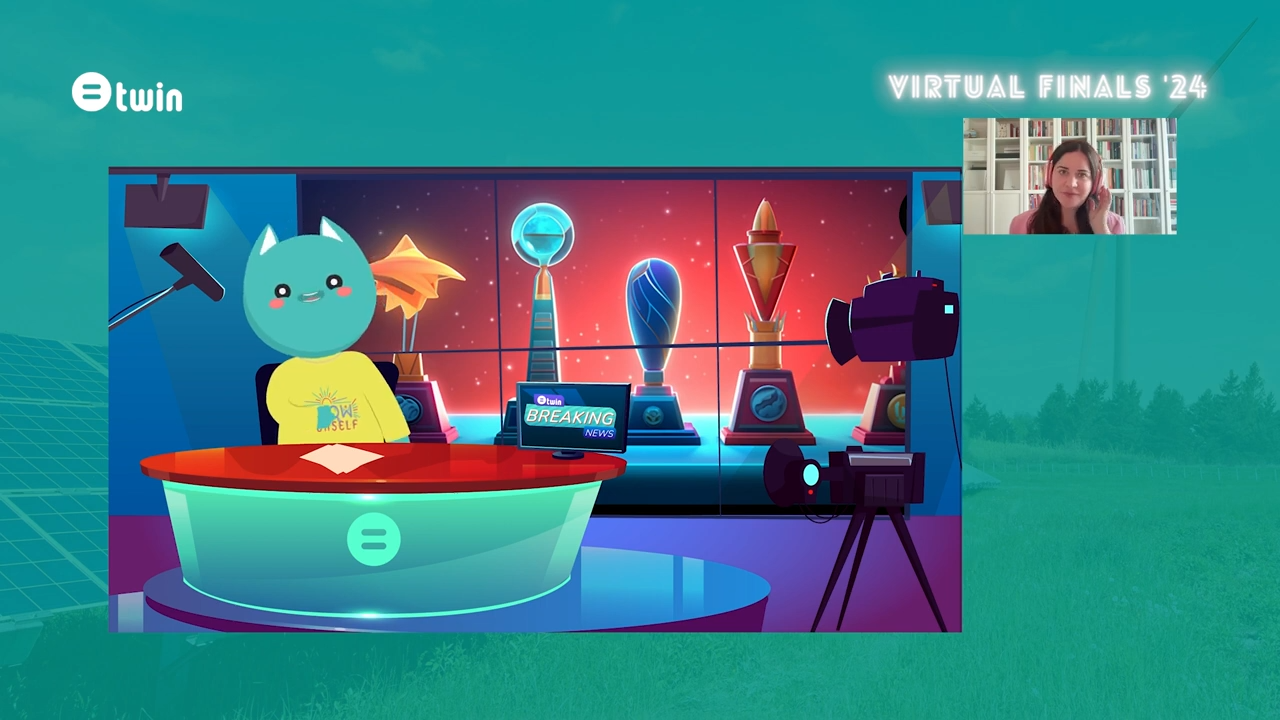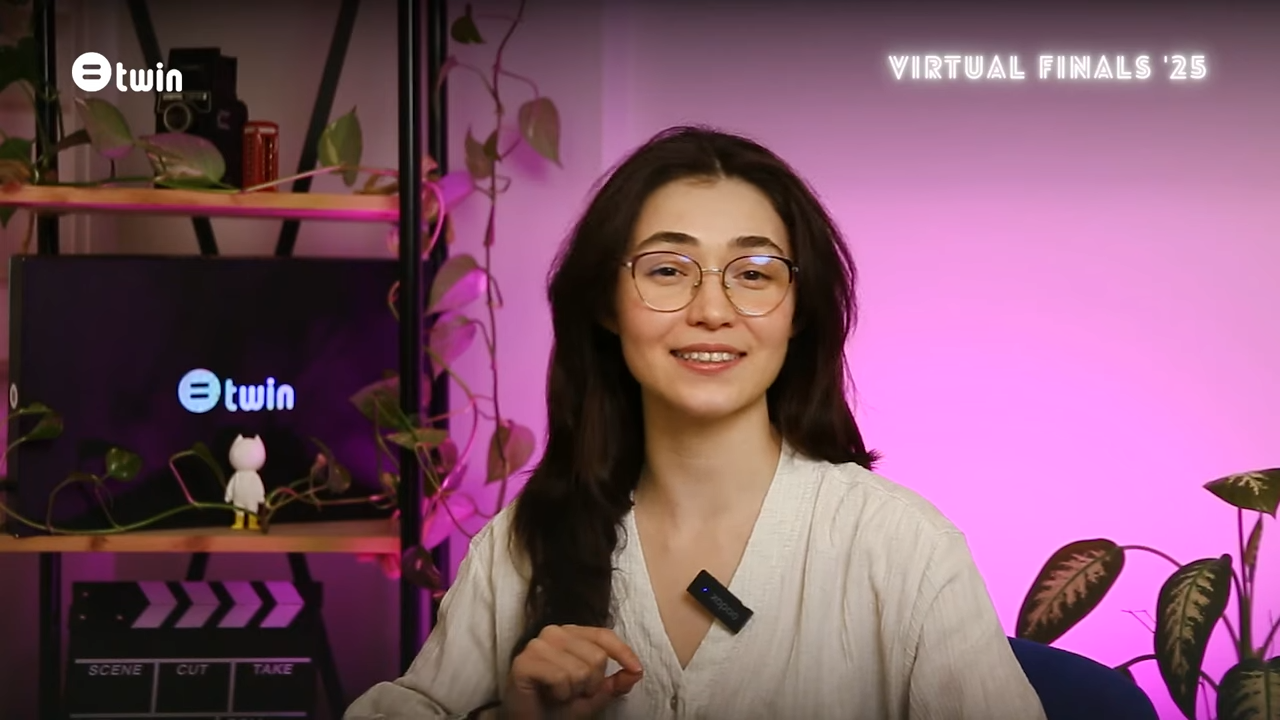STEM FOR SUSTAINABILITY COMPETITION 2026
A global challenge that invites students aged 9–12 to identify real-world sustainability problems and design STEM-based solutions. 1 Teacher guides 1 student team through research, innovation, and prototyping to showcase their ideas.
Key Dates & Steps

Registration
Submit your interest by November 15, 2025 using the pre-application link. Our competition team will contact you via email or phone to confirm your participation.

Training
Once officially accepted, access the curriculum training on the Educator Portal starting November 15. Continue training and developing your projects until January 20, 2026.

Prototyping
Work with your students to design and prototype your tech-for-good project. Upload your project video and documents by February 6, 2026.

Announcement
The results and winners will be announced during the Virtual Finals on February 27, 2026. Certificates will be shared with the winning teams in the following weeks.
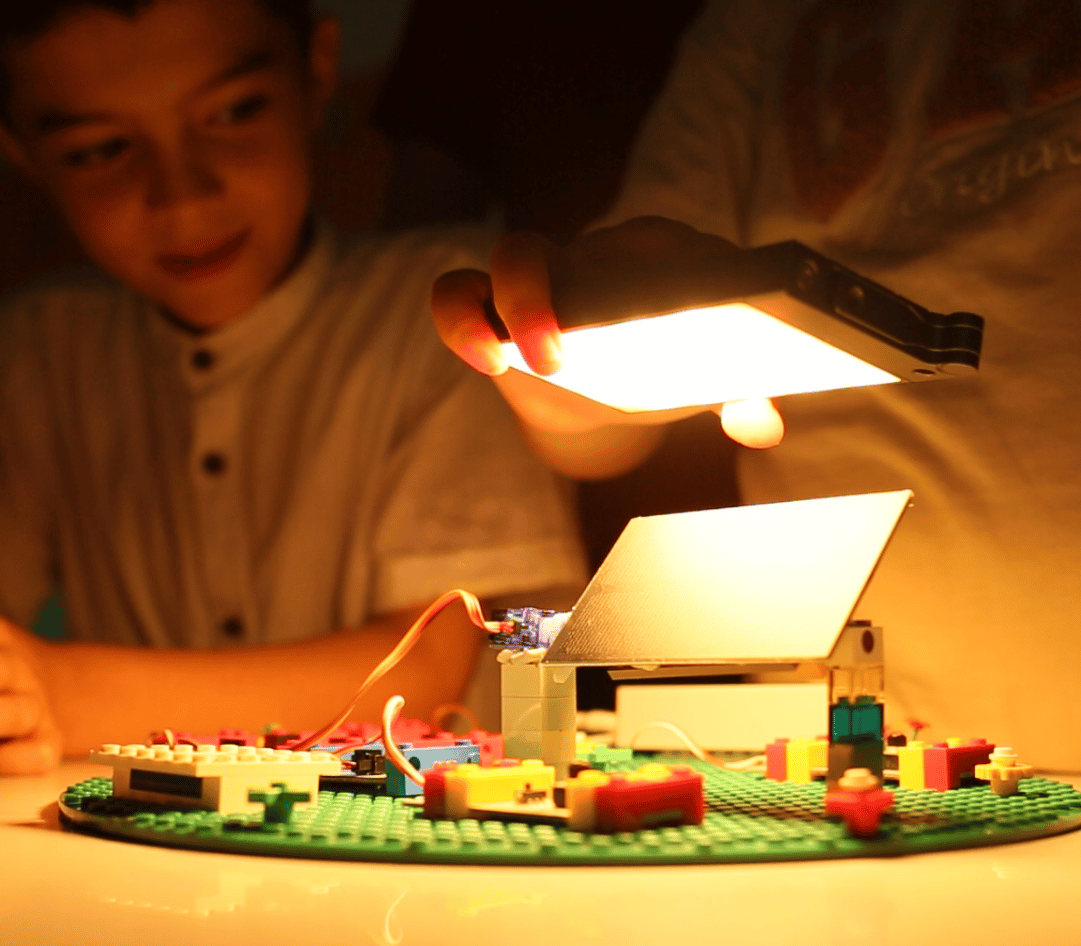
Competition Overview
S4S Competition 2026 invites schools worldwide to participate in an exciting challenge where students design STEM-based sustainability projects aimed at solving real-world, future problems.
This competition empowers young minds to innovate solutions that address global environmental and social issues through STEM+A principles, aligned with the United Nations’ 17 Sustainable Development Goals.
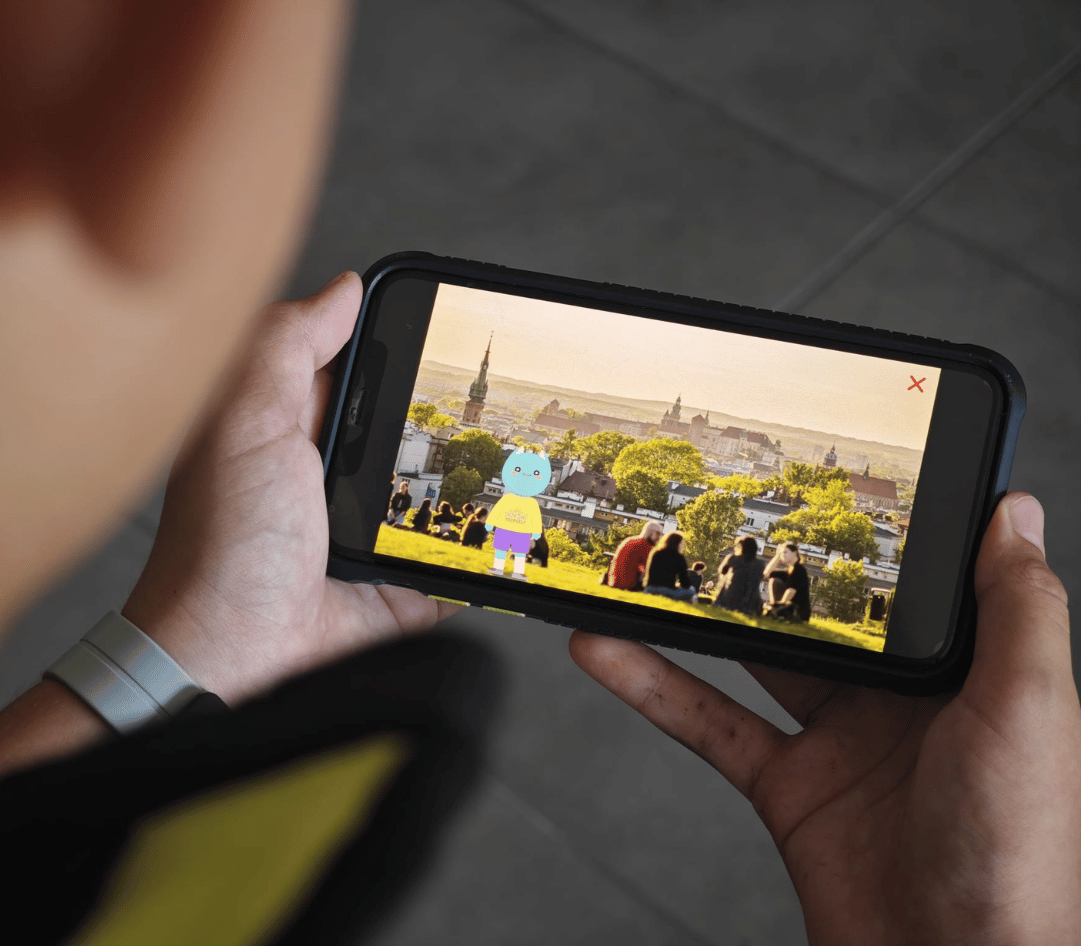
Training
Gain comprehensive access to the Twin Educator Portal, featuring a full curriculum, training videos, and an array of teaching resources.
Teachers will also receive login credentials for the Twin Student App, enabling students to access personalized learning materials tailored to their pace and interests.
This training empowers educators and students with ready-to-use materials, professional development opportunities, and tools to engage students effectively.
Team Structure & Mentorship
Each team is composed of a mentor teacher and 3 to 4 students. The team mentor, often a STEM, science, or computer science teacher, plays a crucial role in teaching the curriculum ensuring progress.
Mentors should guide their students through the training, helping them understand SDGs. The submitted project should be developed by the students with no outside interference.
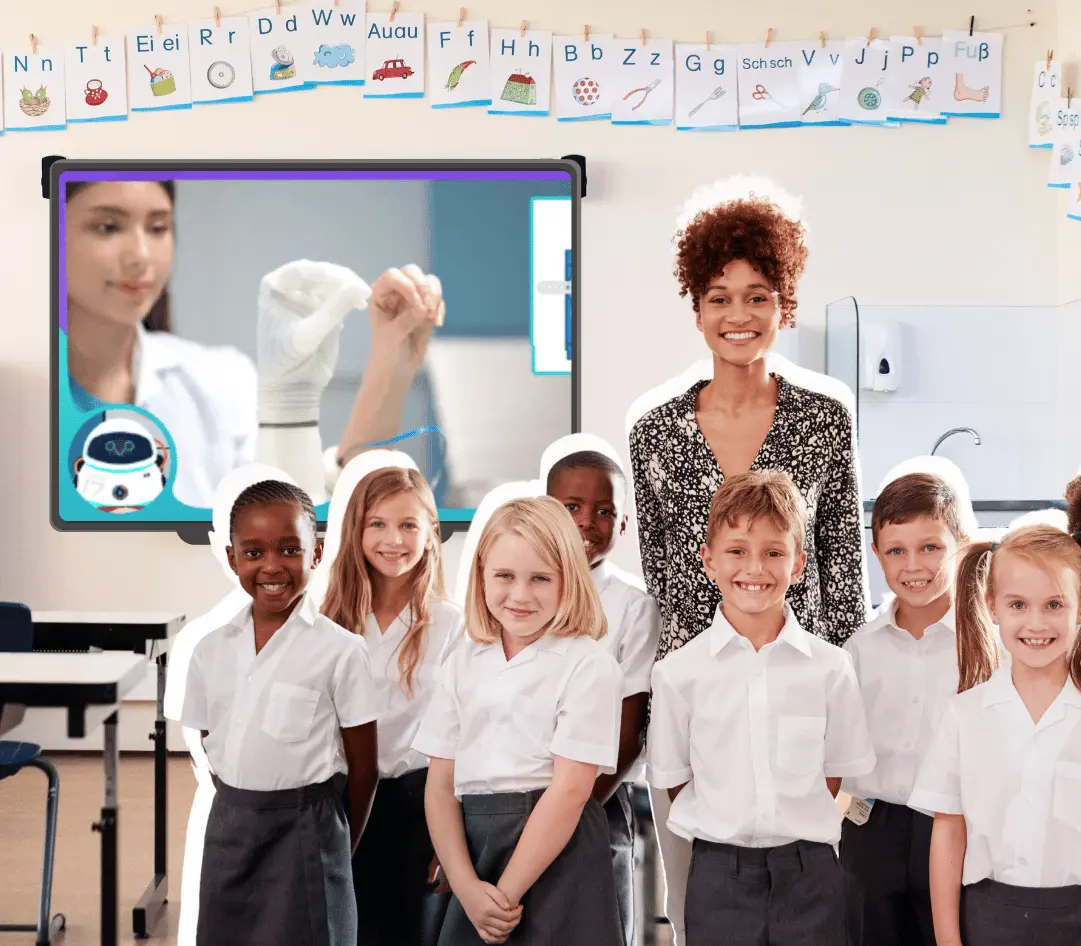
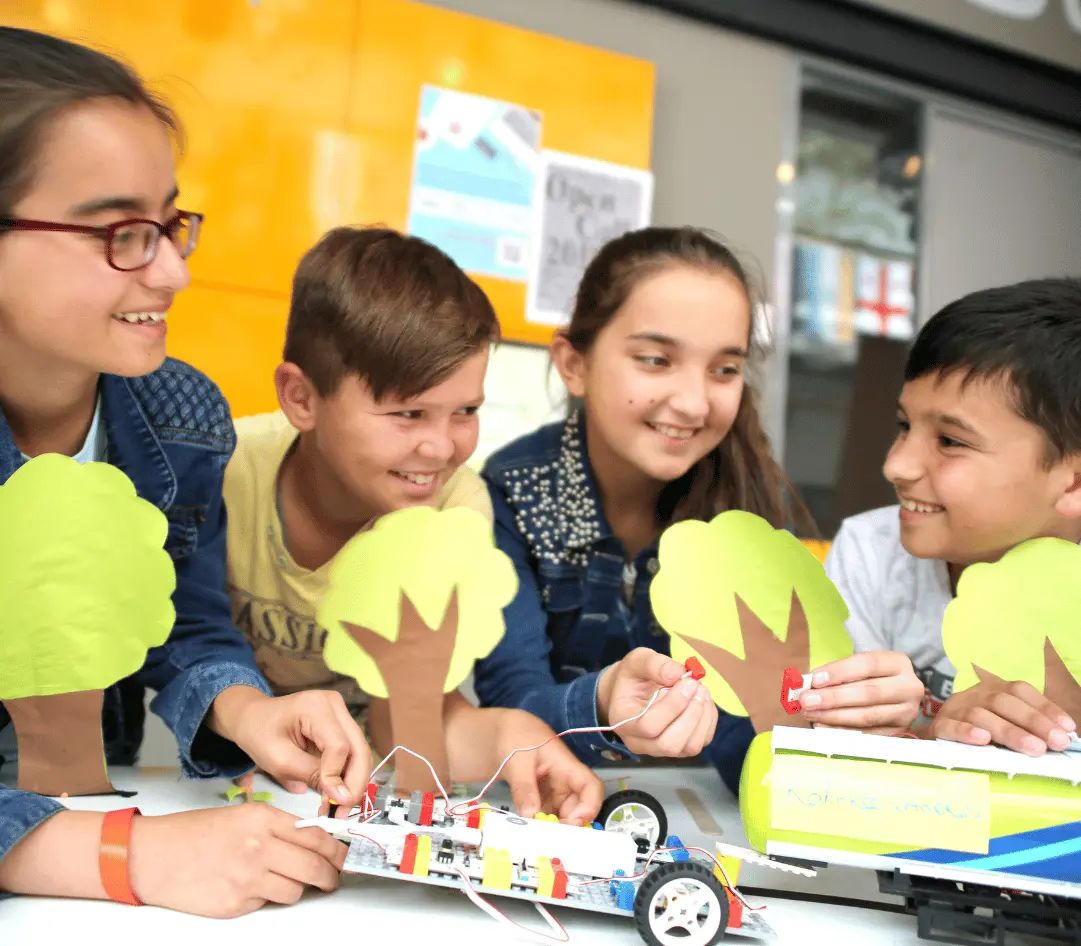
Virtual Finals & Evaluation
Evaluation will be based on the completion of the competition curriculum and student missions, with a detailed rubric provided to mentor teachers to ensure transparency.
The winning projects will be showcased during the Virtual Finals, broadcast via YouTube to an audience of global education leaders, offering the opportunity to promote a sustainable future.

